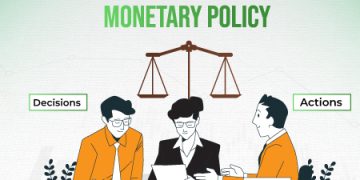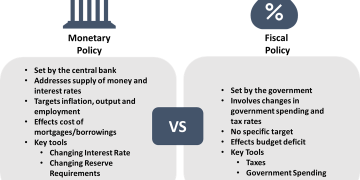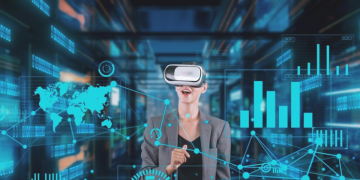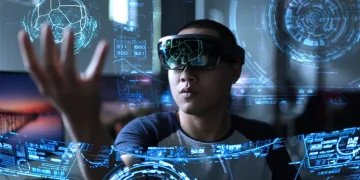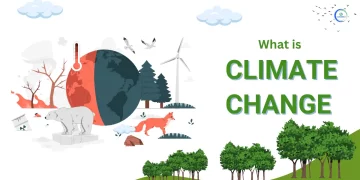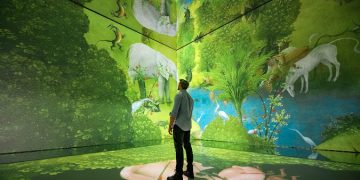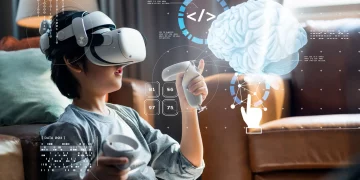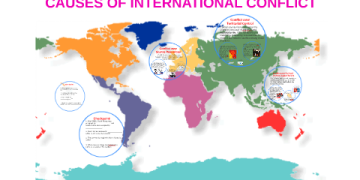Executive Summary
The 21st century is defined by the rapid convergence of artificial intelligence (AI), biotechnology, quantum computing, and clean energy. These forces not only promise economic growth but also pose risks to security, social cohesion, and the planet’s ecological balance. This article examines the current state of global technological progress, the key sectors shaping the next wave of transformation, the geopolitical dynamics at play, and the ethical and practical challenges ahead. It concludes with recommendations for governments, corporations, and civil society to ensure that technological progress becomes a driver of shared prosperity rather than division.
1. The State of Global Technology Innovation
The world’s innovation landscape has shifted from a linear industrial progression to a networked ecosystem where breakthroughs occur across disciplines simultaneously.
- Investment Surge: Global R&D spending surpassed USD 2.5 trillion in 2024, with private tech giants and sovereign funds dominating capital allocation.
- Globalization vs. Fragmentation: While innovation hubs—Silicon Valley, Shenzhen, Bangalore, Tel Aviv—continue to collaborate, increasing geopolitical tensions have fueled the rise of “tech blocs.”
- Acceleration of Adoption: Emerging tools—from AI-powered design software to low-orbit satellite networks—shorten the time from discovery to market, forcing societies to adapt at unprecedented speed.
2. Key Sectors Driving the Next Leap
Artificial Intelligence and Machine Learning
AI has shifted from narrow applications to foundation models that power cross-domain problem solving. In healthcare, AI identifies rare diseases in seconds; in climate research, it models global weather patterns with unprecedented accuracy. The coming leap is AI autonomy—systems capable of continuous self-improvement.
Biotechnology and Genomic Medicine
CRISPR, mRNA platforms, and personalized therapies are unlocking longer, healthier lives. But these same tools raise fears of bioweapons and designer babies.
Quantum Computing and Communications
Quantum systems promise breakthroughs in drug discovery, financial modeling, and encryption. Nations are racing to achieve “quantum supremacy,” creating new geopolitical rivalries.
Clean Energy and Sustainable Tech
Fusion energy, advanced batteries, and carbon-capture materials could make net-zero ambitions achievable. Technological innovation here is not just an economic opportunity but a planetary imperative.
3. The Geopolitics of Innovation
Technological leadership has become a core dimension of national power.
- US–China Rivalry: Competing for supremacy in semiconductors, AI, and biotech.
- Strategic Alliances: Europe and Japan focus on regulation and ethical frameworks, while emerging economies leverage technology to leapfrog development gaps.
- Innovation Security: Nations now safeguard not only borders but also supply chains, talent pipelines, and intellectual property.

4. Risks and Challenges
- Economic Inequality: Tech-driven growth often benefits capital owners disproportionately.
- Workforce Displacement: Automation threatens traditional jobs without adequate reskilling programs.
- Ethical Concerns: Bias in AI models, surveillance risks, and the misuse of biotech raise profound moral questions.
- Environmental Burden: While green technology advances, data centers and hardware production still have significant ecological footprints.
5. Strategic Recommendations
- Global Governance Mechanisms: Establish cross-border standards for AI safety, data privacy, and biosecurity.
- Inclusive Innovation Policies: Incentivize local innovation and equitable distribution of benefits.
- Public–Private Partnerships: Drive investment in sustainable infrastructure and frontier R&D.
- Ethical Education: Build awareness and skills among citizens to navigate emerging technologies responsibly.
6. Concluding Vision
The next technological leap will not be defined by gadgets or devices but by whether humanity can harness innovation for collective flourishing. A future of shared prosperity is possible only if leaders, innovators, and communities align progress with justice, sustainability, and empathy.




